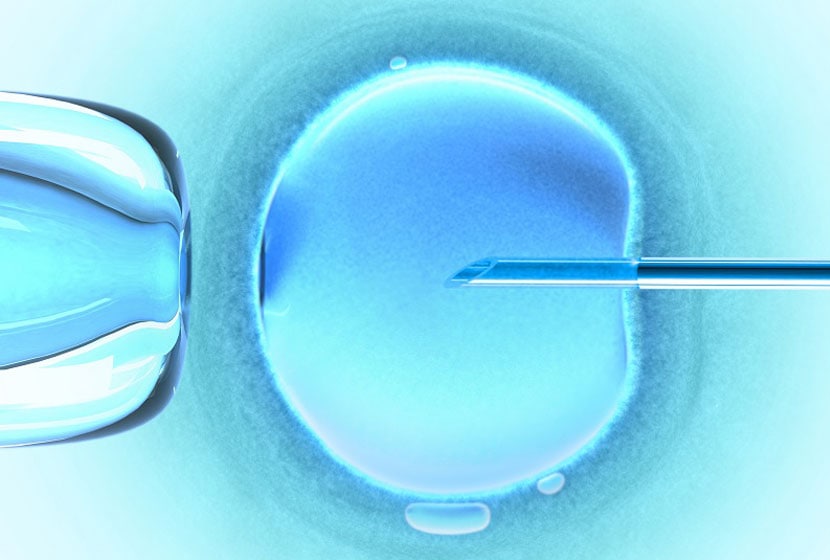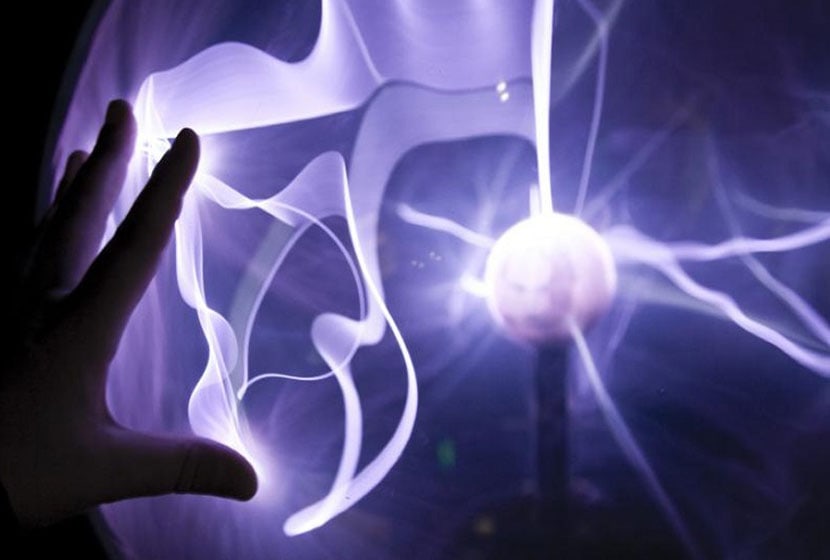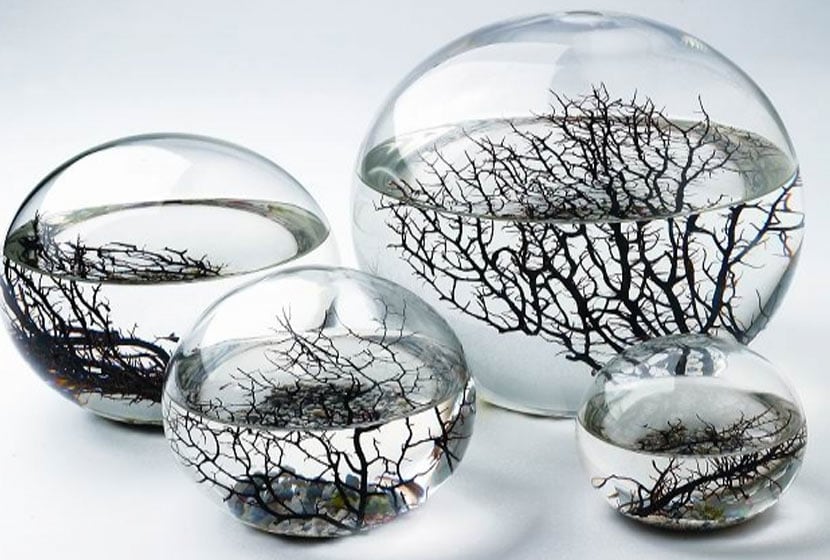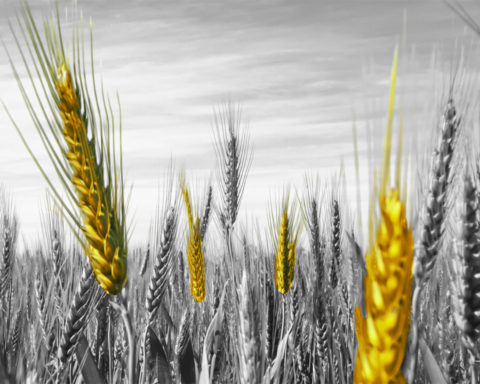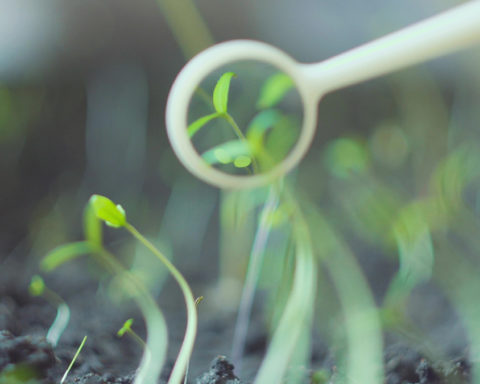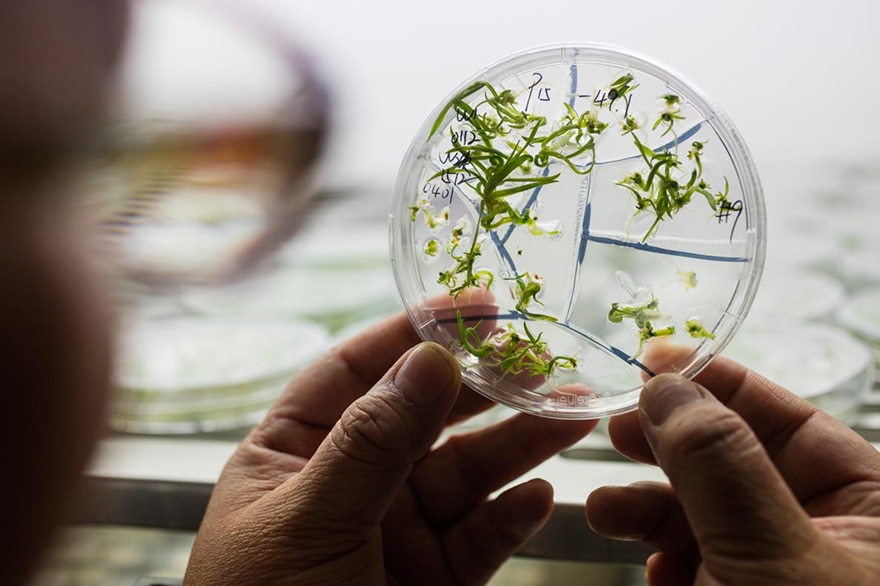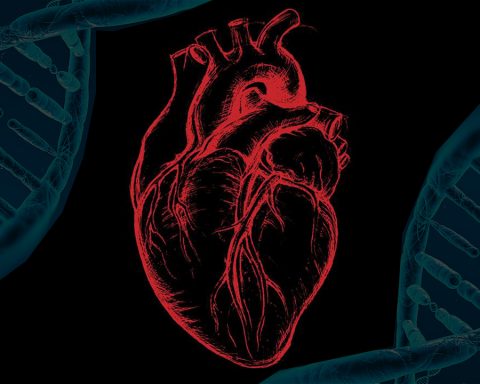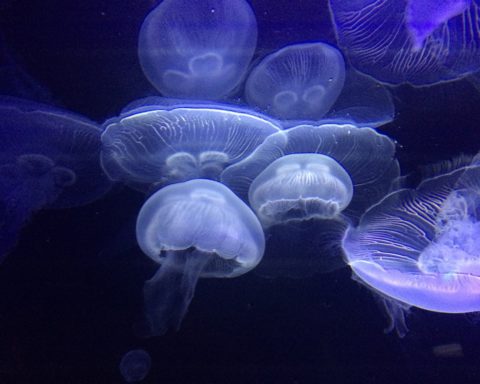The living as resistance: open war between technomimicry or biomimicry?
"Is it possible that despite invention and progress, despite culture, religion and knowledge of the Universe, one has remained on the surface of life?". R.M. Rilke
Introduction
In the context of our reflection on the autonomy of technology (in the sense of proper logic), I propose to focus our examination on biotechniques, i.e. techniques deployed on living organisms, classically for agriculture, but increasingly towards diversified bio-industries, with so-called bio-sourced materials that will increasingly take precedence over products derived from petroleum chemistry.
My intention is deliberately joyful, not out of unconsciousness but conscious of the proliferation of social innovations that break with the massive movement of industrialization or stand out (through diversion or subversion).
I would like to stress here that by moving further and further away from the context (soil environment, society, territory) in an obsession with the "above ground", agro-industrial logic is deadly in the sense that it destroys the very source of its potential.
Much more than its autonomy, it is its imperialism - i.e. its claim to hold the Truth about the phenomena and about the modus operandi (expertise and efficiency) - that produces intoxication.
I propose the idea that this logic is based on a convergence organised by the implementation of the idea of equivalence with information as the pivot. This is why NBIC convergence is based on the formal or cybernetic order in order to govern and even reconfigure matter, the living, human beings and their exchanges, i.e. their economy.
As a result, we have science and technology that is perfectly coordinated with the markets ! It is not by chance that biology has become molecular and then synthetic: it was necessary to do this in order to capture the values of life, which are the genes, the information carriers of life (cf. the book Biocapital from Rajan) .
We will see that this LEGO release of the world produces two things:
- Disintegration = Division of an organization (organized)
- Disfiguration or denaturation = desynchronization: orders and predictions
Paul Valéry's phrase: "If life had a purpose, it wouldn't be life anymore."
What I would like to propose to the discussion is that in the face of this narcissistic technomimetism, life makes resistance. It opposes properties that are unknown in the technical world (which I will develop further on) and in particular permanent regeneration. Considering biotechnologies requires integrating the logic of living beings and thus reassigning technical projects, giving them a new motive (principle), rebuilding confidence in human action no longer in power but in vulnerability (according to the perspectives proposed by Corinne Pelluchon in The ethics of vulnerability).
Numerous experiments are multiplying in this spirit by forming a kind of islands of resistance where ecosystems, cooperation, the cohabitation of various logics are valued....
We can look at the technical movement as the enterprise of copying and amplifying living metabolisms. Extending our organs, building energy factories, organising living spaces, protecting our own as well as our immune defences... The living inspires inventors through its capacity for self-organisation and self-replication. Kim-Eric Drexler in his book Engines of creation (1986) refers to natural achievements to affirm the possibility of bio-robots. Before him, John von Neumann envisages living automatons, created by man, and driven by the algorithms of cybernetics. It was necessary to entrust human destiny to machines after the moral catastrophe of the Shoah..., after the total loss of confidence in man to carry his destiny!
With molecular biology, the project of manufacturing artificial life is unfolding, anchored to an economic logic of fragmentation into bioblocks or strategic genes, guaranteeing an exchange value (patents). The engineer's logic screwed on the horizon of design, standards and behavioural prediction is incorporated. The industrial programme, which has been completed in the fields and bodies, unfolds almost ... naturally!
The inescapable logic of the Living
But fiction is now on display. For if the technique was part of the real world until Hiroshima, it now deploys its informative power in a virtual world "above ground" with regularities and intentions. Its ideal is to constrain matter and life by the injunction of the "all possible". Grafting functions against all odds, such is the programme of nano-bio-info-cognisciences convergence. Domination of instrumental reason.
The disintegrated and desynchronized technical artifact carried by a narcissistic and Promethean narrative is at odds with the organic mode of the living world. So much so that it silences it in its proliferation - and its propensity for abundance - as illustrated by the use of Terminator technology (Monsanto's sterilization of seeds). Some biologists have understood this when they say that the "condition for implementing synthetic biology is indifference to context". For, what is left of life if it is tied to ends?
It's Georges Canguilhem which explains in "Machine and organism" the logic of the living: "Life is experience, i.e. improvisation, use of occurrences; it is an attempt in every sense". And if we develop its specificity with regard to artefacts, the living proceed according to at least five characteristics:
- regeneration, i.e. the permanent renewal of its constituents
- interdependence with its environment, i.e. a plasticity that builds material traces of experiences (in the brain, in the immune system)
- incompleteness, that is to say his being in the making (neotenia dear to Dany Robert Dufour)
- the unpredictability that prevents any posture of control
- the construction of a story: the living is the author, he builds the meaning of reality as the linguist emphasizes it. Hélène Trocmé-Fabre, author of the book "The language of the living."
Humility Technologies
Thus life as a material, social and historical phenomenon (with its faults and ecosystem adjustments) resists the logic of technical automata. And Canguilhem continues: Why not think of the machine in the image of the living? He suggests considering (or re-founding) technology as "a universal biological phenomenon and no longer as an intellectual operation of man". We would then leave the conception of a rational and well-controlled technique to recognize and value a groping, obscure approach proceeding by trial and error.
To do this, we would have to make our techniques resonate with the phenomena of the living: inventing words that give meaning to this moving, disconcerting, even disturbing reality... No doubt it is its uncontrollable nature that leads us to ignore it, or even disregard it ....
There are two consequences to such a prospect:
- the need to clarify the discourse and the social contract - We see it every day, people get tense when the technique touches bodies or nature. Conflicts over LDC or GMO techniques express the tension between the two technical conceptions. As long as biotechnologies are not thought of as an opportunity to re-found the technical project and change the culture, they will remain unacceptable.
- the need to think about responsibility. For if one joins Sheila Jasanoff, and her aspiration for "technologies of humility", representations, prospective exercises and regulatory frameworks need to be reviewed. Developing this new conception of engineering requires articulating it to the human in society. The challenge is to re-found a social contract that takes into account time and territories. Thinking about the "composables" in society.
It is the theme of the effects on future generations or on our human ecology that was developed by Hans Jonas or more recently by Peter Sloterdijk in his book "You need to change your life."
Experiments
It can be considered that the very many alternative agricultural approaches (permaculture, biodynamics, agroforestry, etc.) or new food practices (slow food), physical or social (cities in transition, communities) are experimenting with this new approach.
Circular economy or functionality approaches, consideration of "capacitations" (Amartya Sen) are also similar to this movement, which brings new modes of exchange that are respectful of natural capital.
The emerging bio-economy (linked to the oil exit horizon) is an opportunity to articulate technical and social innovation and to found coherent eco-activities that regenerate living environments.

